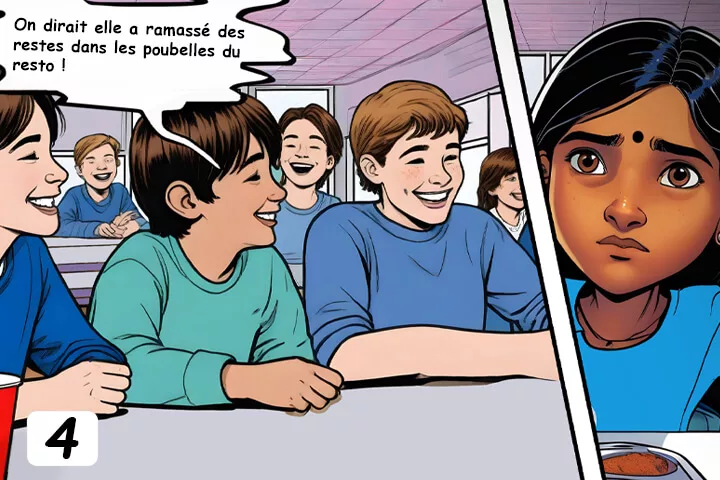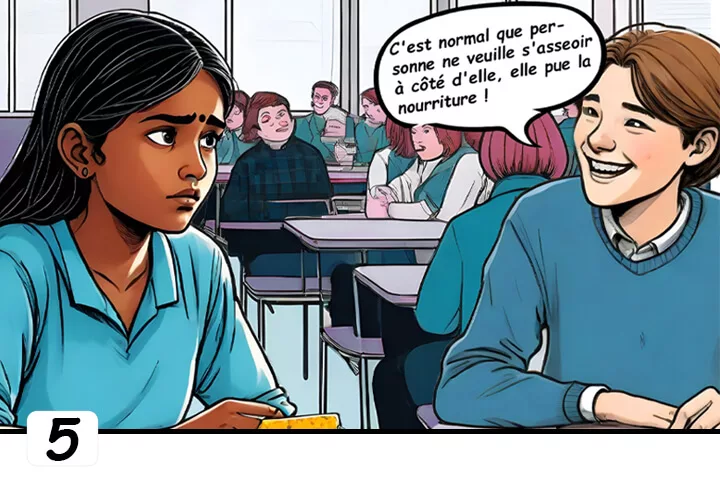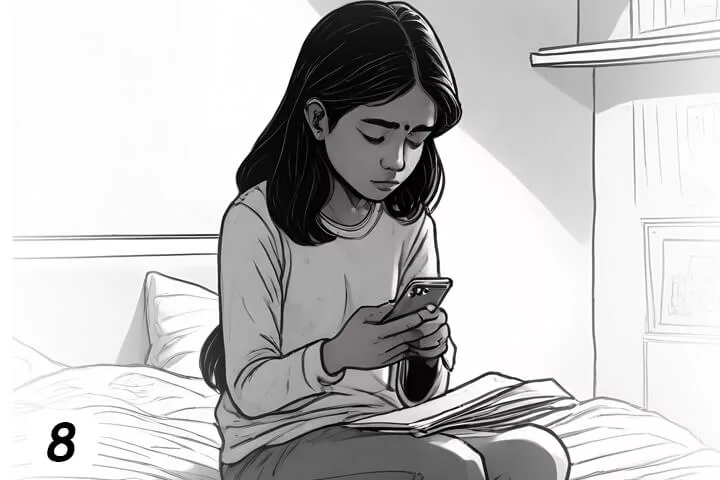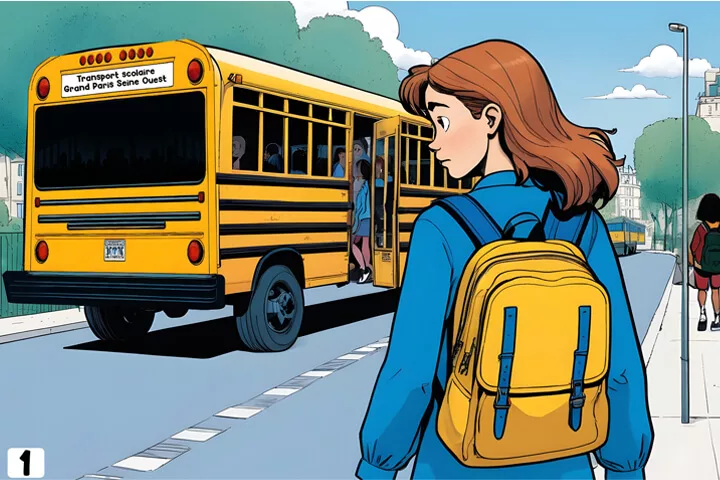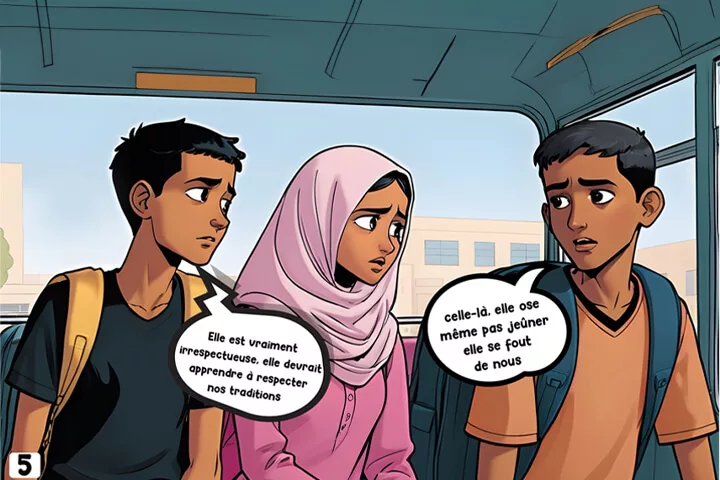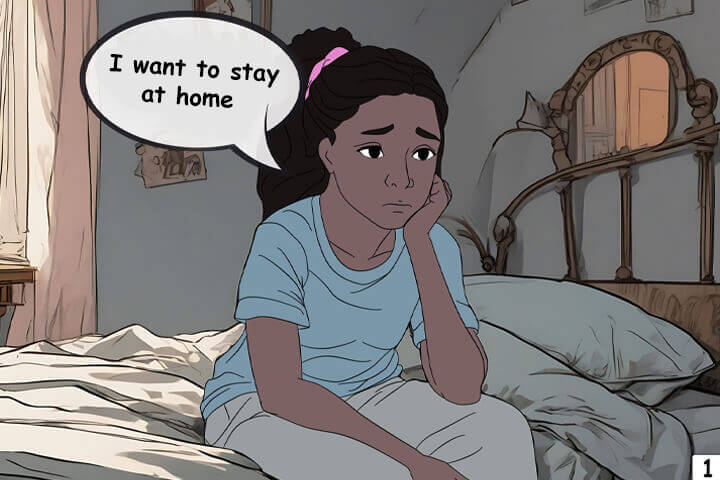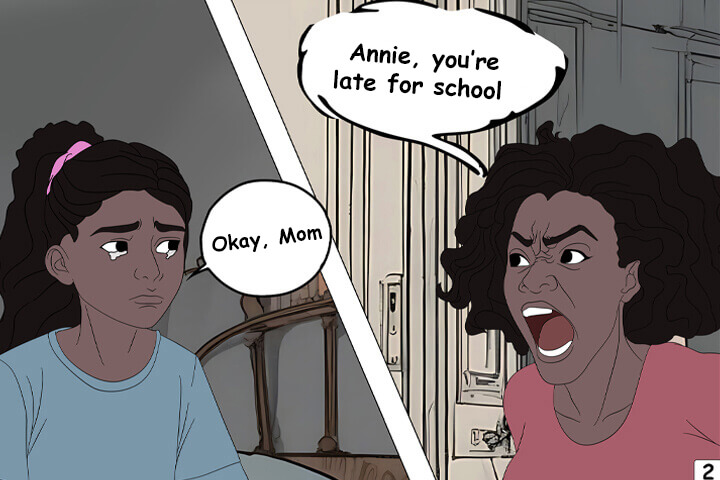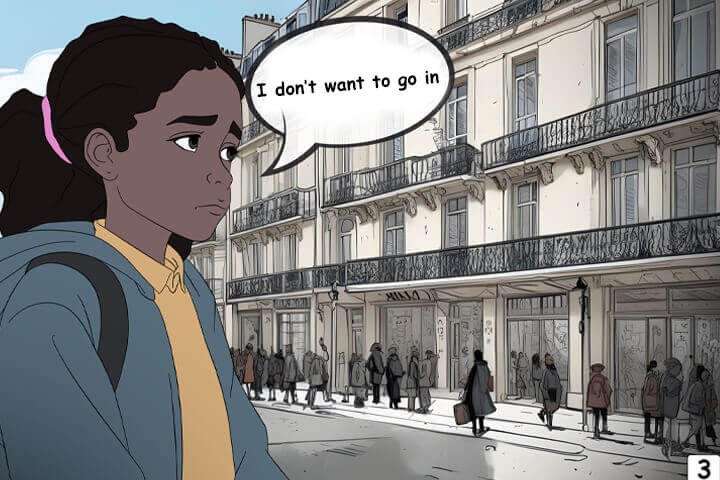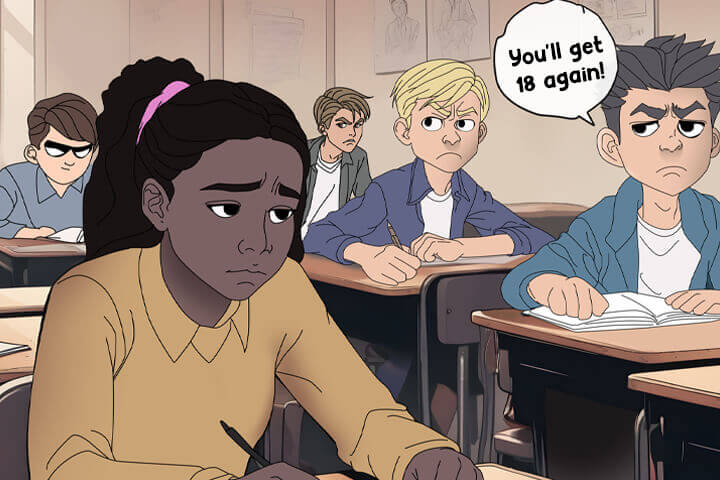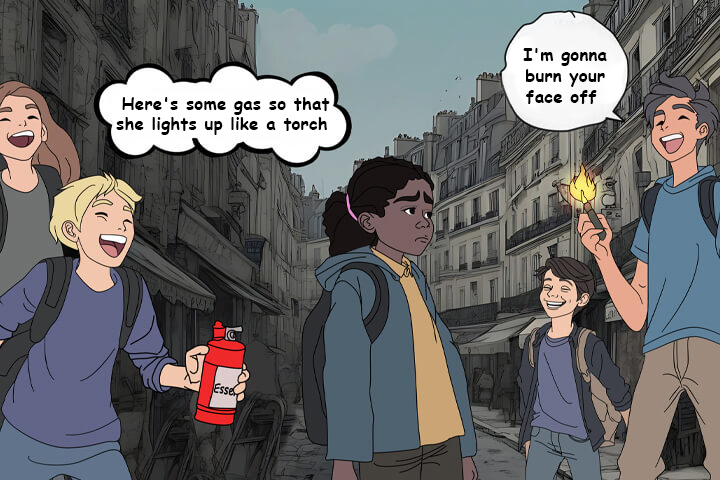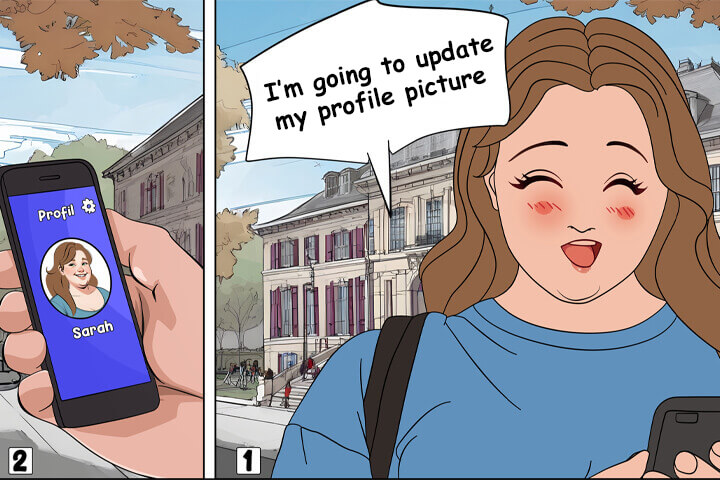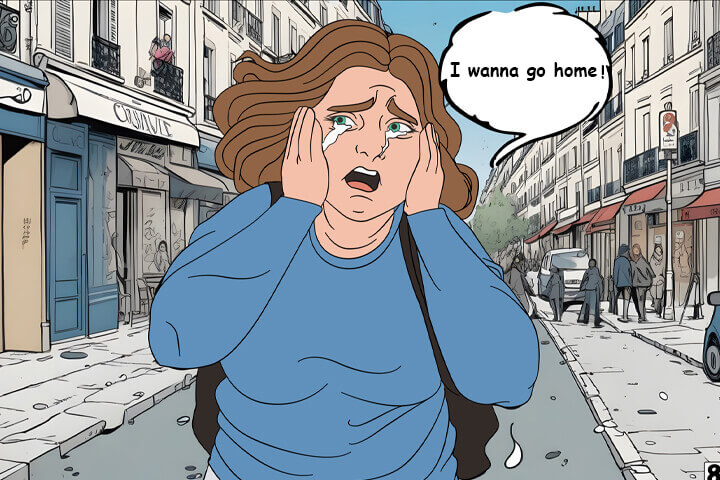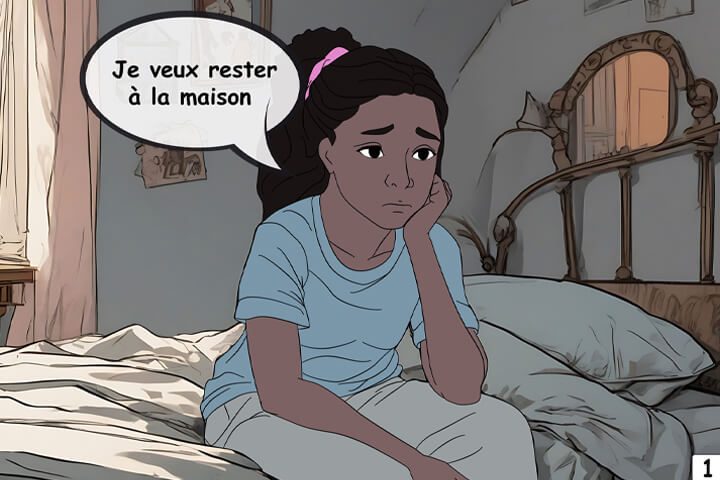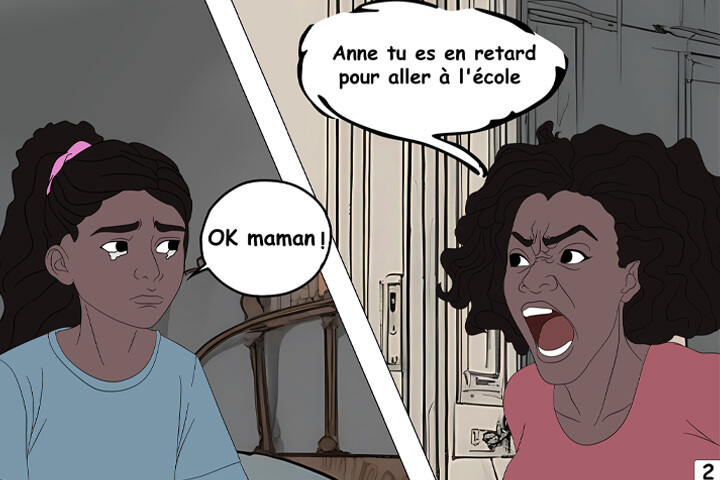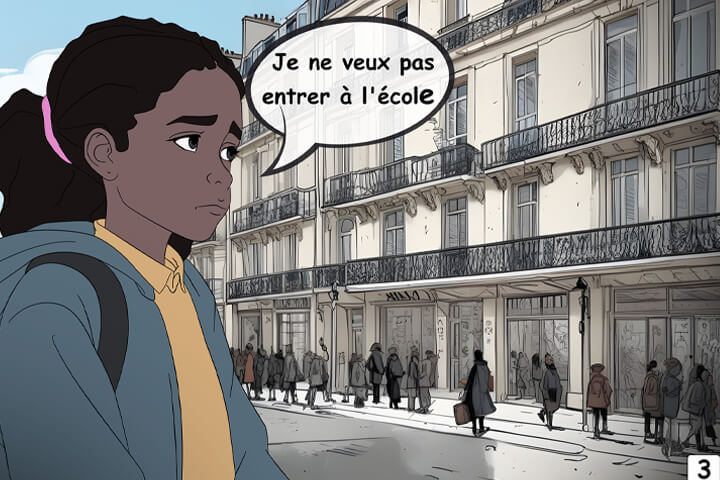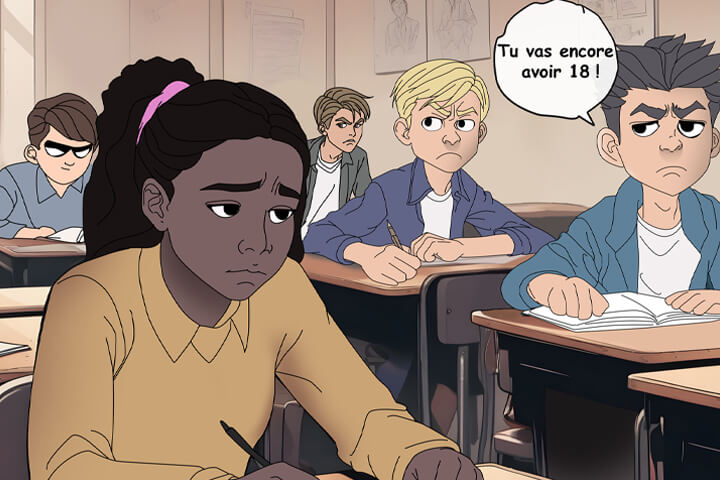Repeating a School Year: A Factor in Bullying?
Grade repetition and school bullying, long overlooked as a combined issue, are now at the center of criticism for their negative effects on students’ academic and psychological trajectories. A study published in November 2021 in PLOS Medicine (Xiayun et al., 2021) reignites this debate by highlighting a troubling link: students who repeat a year are about 1.5 times more likely to be exposed to school bullying than their peers.
This study, based on data from the PISA survey, provides for the first time a large-scale analysis of the correlation between non-linear educational paths and exposure to peer violence.

Methodology and Key Findings of the PISA Study
he team led by Xiayun Zuo, a biostatistics specialist at Fudan University (China), analyzed the responses of 465,146 adolescents aged 15 to 16, across 74 countries. Among them:
12.25% had repeated a grade at least once;
30.32% reported having been victims of school bullying in the past year;
Grade repeaters had a 50% higher risk of being bullied.
Although the study cannot establish a direct causal relationship, the overrepresentation of repeaters among bullying cases is statistically robust and raises the question of increased exposure to stigmatization and social marginalization.
Grade Repetition and School Bullying: An Aggravated Multifactorial Phenomenon
School bullying is a complex phenomenon involving dynamics of power, norms, and conformity. Grade repetition, by creating an age gap and often a visible distinction between peers, increases the vulnerability of affected students. They may be perceived as ‘inferior’ or ‘out of place,’ thus becoming easier targets for aggressors.
Most common types of violence experienced by grade repeaters:
Mockery and sarcasm
Physical shoving
Theft or damage of belongings
Verbal threats
A Higher Risk for Female Grade Repeaters: A Gender and School Failure Intersection
The study notes that female grade repeaters are particularly exposed to certain forms of bullying. This finding is part of a broader context in which gender-based violence at school—often more psychological or relational than physical—remains largely underestimated.
The vulnerability of female grade repeaters can be explained by:
Double stigmatization (gender + academic failure)
Increased exposure to performance norms
Lower tendency to report violence experienced
Educational Implications and Public Policy
The data from this study call into question the very foundations of grade repetition as a pedagogical measure. Rather than offering a second chance, this practice in some cases appears to reinforce social exclusion, distress, and peer violence.
Recommendations:
Strengthen individualized support mechanisms for grade repeaters
Implement targeted awareness campaigns in middle and high schools
Train educational staff to detect early warning signs of bullying, particularly among students with atypical academic paths
Develop pedagogical alternatives to grade repetition: tutoring, bridging classes, personalized programs”
Study Limitations and Avenues for Further Research
The study by Xiayun et al. is observational and does not allow for establishing a causal relationship. It would be relevant to deepen these findings through longitudinal research incorporating qualitative data (interviews with students, teachers, and school psychologists). Furthermore, the very notion of grade repetition varies across countries, which could influence the results.
Conclusion
Grade repetition, far from being a simple administrative measure, is a biographical event with high potential for marginalization. In the absence of targeted prevention policies, it can heighten the risk of school bullying, particularly among girls. At a time when schools aim to be inclusive and nurturing, it is urgent to rethink the responses to academic difficulties, placing students’ psychological safety at the heart of educational priorities.
References
- Xiayun, Z. et al. (2021). Grade repetition and school bullying victimization in 74 countries: A global perspective. PLOS Medicine, 18(11).
- OCDE (2019). Résultats de PISA 2018 : Ce que les élèves savent et peuvent faire.
- Debarbieux, É. Lutter contre le harcèlement à l’école. Rapport au ministère de l’Éducation nationale.



